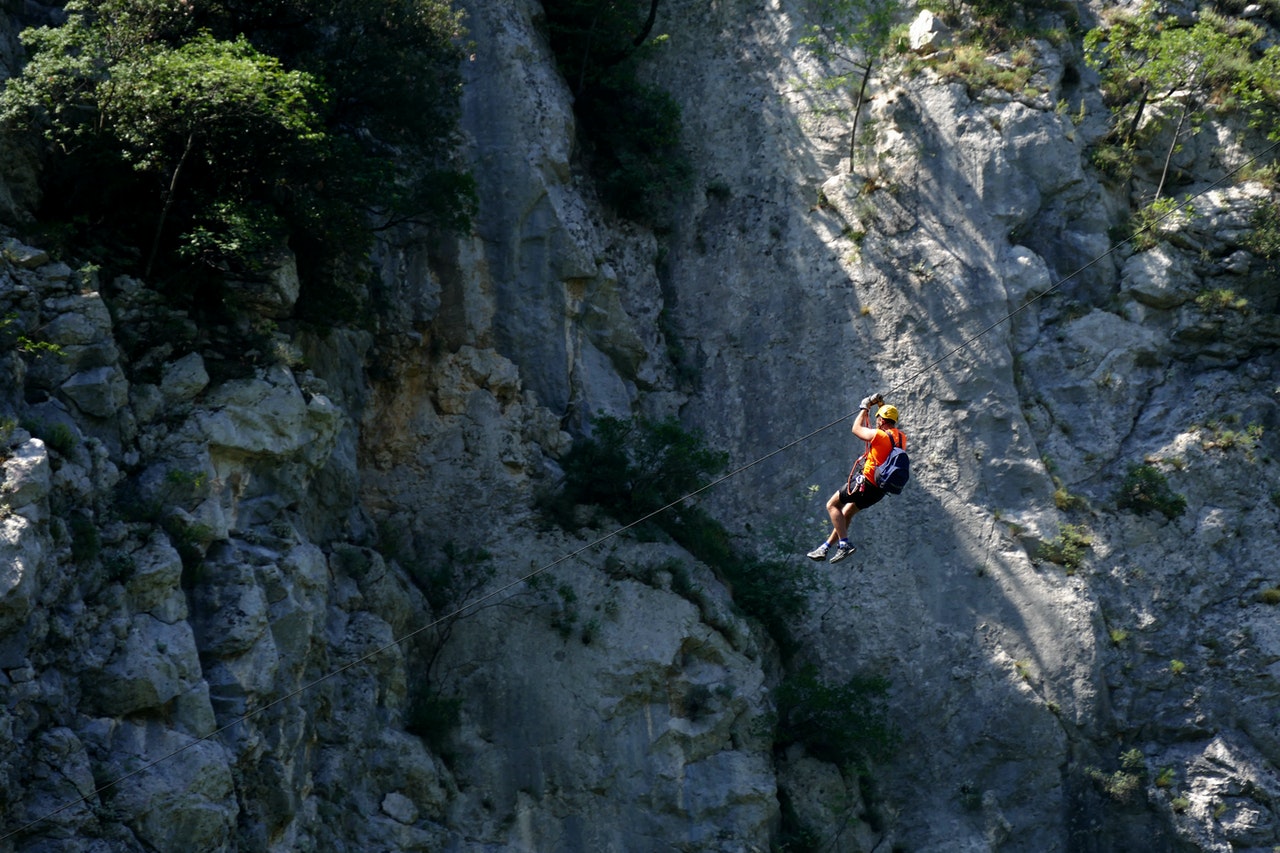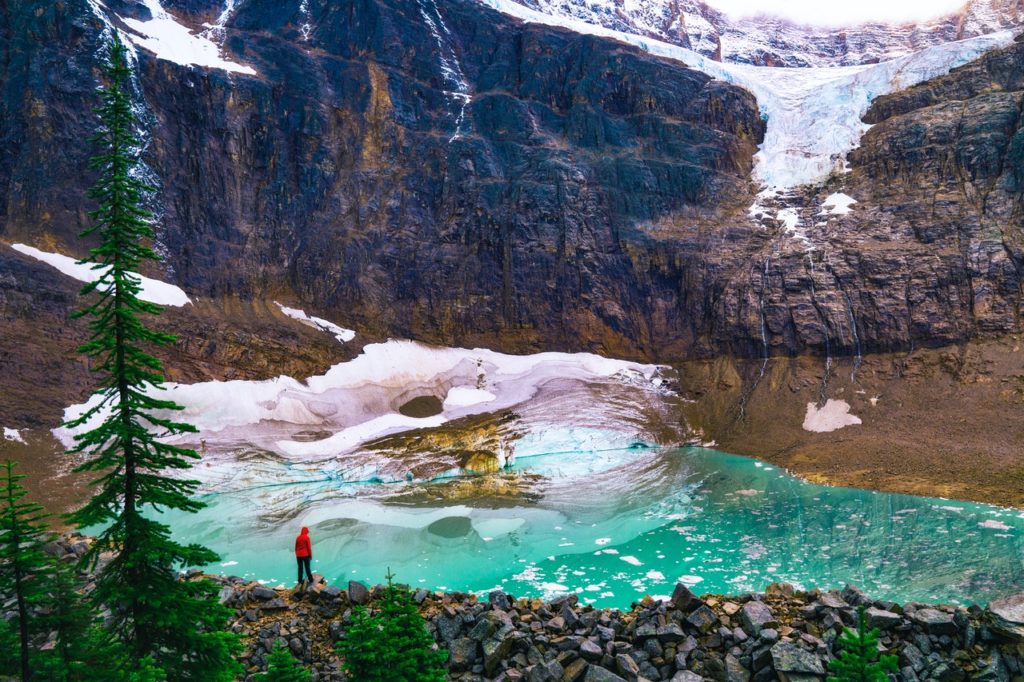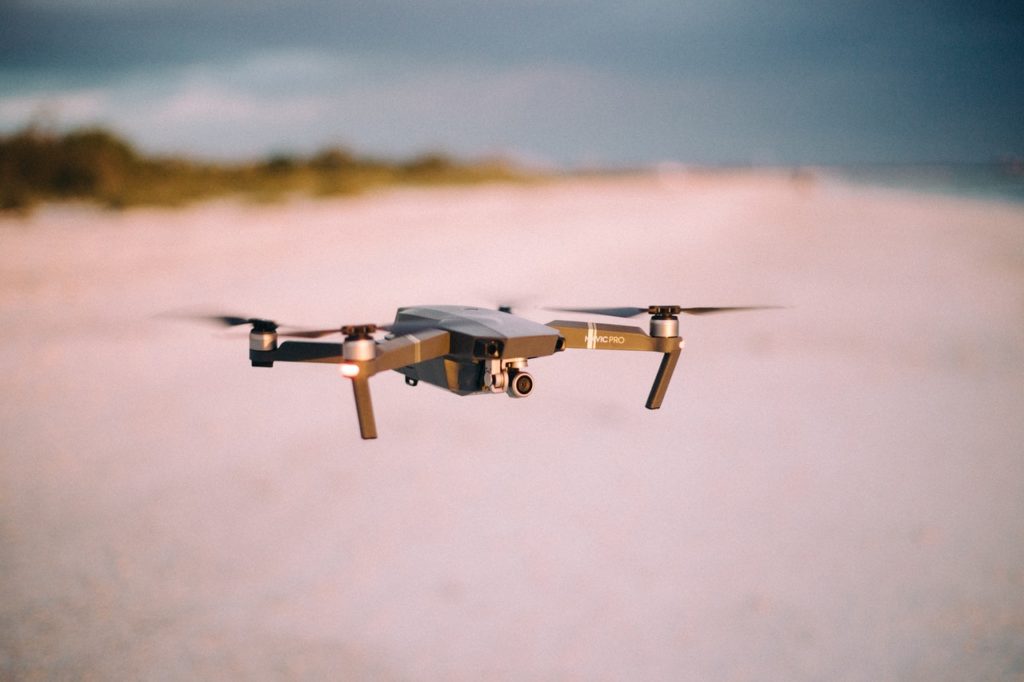2020 has been an unprecedented year for outdoor/adventure businesses. The COVID-19 pandemic has closed international borders to tourists and other visitors, and social distancing requirements have necessitated the large-scale shutdown of the outdoor/adventure industry.
Thankfully, these efforts have proven to be beneficial (at the time of writing), and provincial governments are now examining how to “reopen” those parts of the economy that have been shut down.
With a little bit of luck, we may see some degree of a summer (and subsequently winter) season for outdoor/adventure business. No doubt this will include significant safety measures, as dictated by Provincial Health Officers, involving cleaning/disinfecting, use of personal protective equipment, and so forth. No matter the steps and precautions taken, when businesses reopen there is always a chance that a business’s customers will become infected by COVID-19 at their operation – either through a second (or third) pandemic wave, or just through standard community transmission.
What steps – legally speaking – can a business take to protect itself if a customer becomes infected with COVID-19 at their operation and attempts to sue for compensation?
Liability waivers are the standard way that businesses, especially in the outdoor/adventure industry, can protect themselves. As a reminder,[hyperlink to original waiver blog post] a liability waiver is a contract that prevents the person who signed it from taking legal action and suing the owner/organizer for injury. It typically addresses two significant things: 1) identifying the “inherent risks” of an activity, and 2) releasing the business from liability for injuries suffered by the participant in the course of the activity (including those injuries caused by the business’ own negligence).
Identifying an activity’s “inherent risks” on a liability waiver is essential, as there is Supreme Court of Canada authority that says a business is not responsible for injuries that are a consequence of the ‘inherent risk’ of the activity. How does a business prove what the inherent risks of an activity are? The easiest way is to have the participant sign a form that specifically notes and acknowledges exactly what those risks are.
While every waiver in every sector of the outdoor/adventure industry is different, you would probably be hard-pressed to find one from pre-2020 that contemplates infection by a virulent coronavirus as an inherent risk of the activity in question!
Even though liability waivers are routine and their requirements are well known, [hyperlink to waiver best practices blog post] it is unclear whether the content of pre-existing waivers is sufficient to address COVID-19-related injuries. Lawyers draft waivers with an eye to precedent (i.e. what features of past waivers have caused judges to uphold them when they are challenged in court), and the Canadian courts have simply not yet had to address 1) a business’s liability for a customer’s injuries resulting from COVID-19 infection at their activity/event, and 2) whether a “standard” liability waiver would be effective in such circumstances.
With public health restrictions forecasted to lessen over the coming months, and the outdoor/adventure industry examining how to restart and run their operations in the new reality, smart operations are questioning whether their existing documentation provide them with a sufficient level of protection. Most waivers cover injuries; some may even address illness or even infection. There is, however, no ability to definitively conclude that the coronavirus would be covered under such terms. Courts require waivers to be clear and unambiguous – so that customers understand the risks associated with what they are undertaking. They are also likely to be construed by the court against the party who drafted them. If the risk of COVID-19 infection in an outdoor adventure is not specifically addressed in a waiver, is it reasonable to expect a customer to be aware of its possibility, and to further disclaim any associated legal recourse?
Given all of this, outdoor/adventure businesses may be well advised to take a close look at their existing liability waiver documentation and consider whether they will provide sufficient coverage when they reopen. Are revisions – or even an additional stand-alone COVID-19-specific waiver – needed to protect your operation. Despite society’s and a business’s best efforts, COVID-19 infections will continue over the coming months, or maybe years. Are you confident that you will be protected?
Note: This article is of a general nature only and is not exhaustive of all possible legal rights or remedies. In addition, laws may change over time and should be interpreted only in the context of particular circumstances such that these materials are not intended to be relied upon or taken as legal advice or opinion. Readers should consult a legal professional for specific advice in any particular situation.





